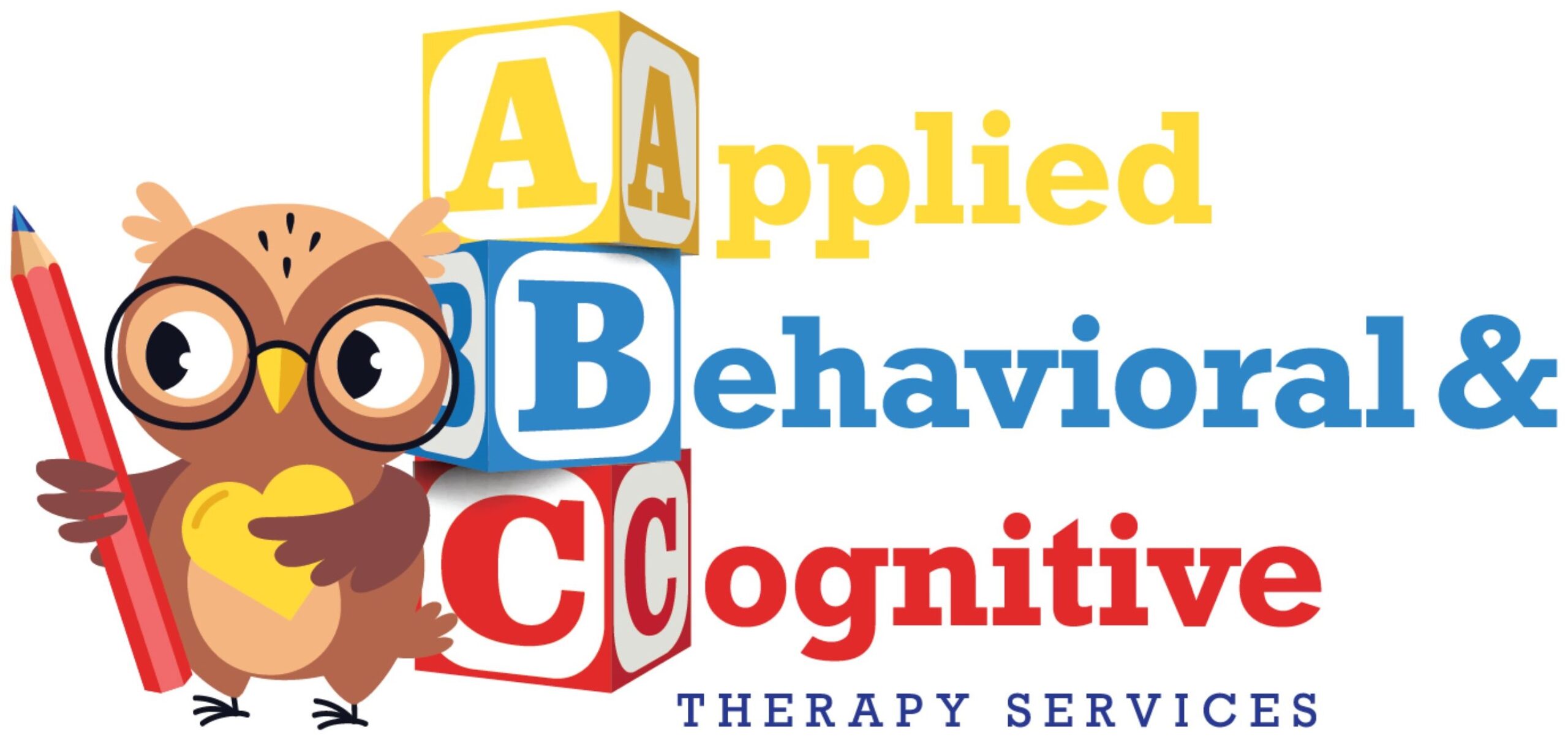
What is Psychotherapy?
Psychotherapy is a treatment for emotional, psychological, or behavioral issues, where a trained therapist helps individuals explore and understand their feelings, thoughts, and behaviors. The goal is to improve mental health, manage stress, and resolve difficulties that affect daily life. It involves talking with a therapist who may use various approaches or techniques depending on the individual’s needs. These can include Cognitive Behavioral Therapy (CBT), psychodynamic therapy, humanistic therapy, or other methods.
Psychotherapy can help with a wide range of issues, such as anxiety, depression, trauma, relationship problems, and personal growth. It provides a safe, supportive environment where individuals can work through their challenges and gain insight, skills, and coping mechanisms to improve their well-being.




